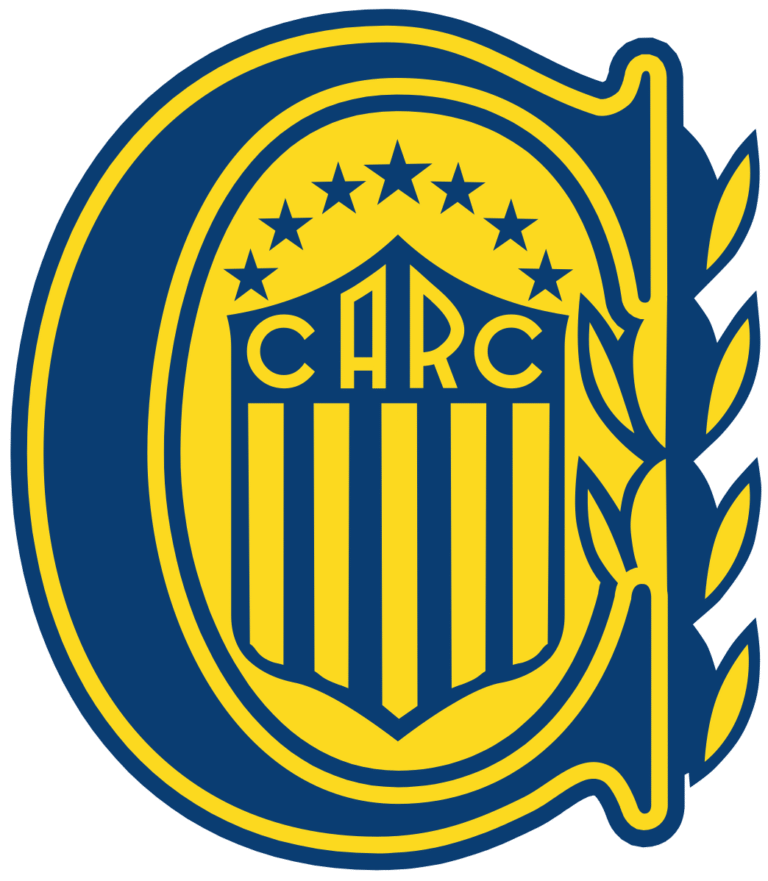
FC Liege
Royal Football Club de Liège (RFC Liège) is a historic Belgian football club based in Liège, the capital of Liège Province. Founded in 1892, it holds the distinction of being the first Belgian club to register with the national football federation, earning it the matricule number 4. The club’s rich legacy includes being the inaugural Belgian champions in 1896, a title it secured in the very first national championship of Belgium.
Early Success and Golden Era FC Liege
RFC Liège’s early years were marked by dominance in Belgian football. They clinched the national championship three times in the late 19th century—1896, 1898, and 1899. The 1896 title was particularly significant, as it marked the club’s entry into the annals of Belgian football history. Notably, Samuel Hickson was the top scorer in that first championship and continued to play for Liège until 1903 SIN88.
The club’s golden era continued into the mid-20th century, with back-to-back league titles in 1952 and 1953. These achievements solidified RFC Liège’s status as a powerhouse in Belgian football during that period. During this time, the club also achieved significant milestones, including playing its 3,000th match and scoring its 5,000th goal at the national level.
Challenges and Resilience
Despite its early successes, RFC Liège faced numerous challenges in the latter half of the 20th century. The rise of clubs from Brussels and other regions led to increased competition, and the club experienced relegation to lower divisions. Between 1995 and 2015, RFC Liège faced a period of instability, including a notable absence from top-tier football. During this time, the club was also known for being ‘homeless,’ lacking a permanent stadium.
However, RFC Liège demonstrated resilience. In the 2008–09 season, the club secured promotion back to the second division, marking a significant step in its revival. By the 2022–23 season, RFC Liège had ascended to the Challenger Pro League, the second tier of Belgian football, where it continues to compete.
Recent Developments
In January 2024, RFC Liège underwent a significant ownership change when it was sold to the American company DBVC Sports. This marked the first time in the club’s history that it was under foreign ownership. Under the guidance of manager Gaëtan Englebert, the team has shown promising performances in the Challenger Pro League, aiming for a return to the top tier of Belgian football.
Legacy and Cultural Impact
RFC Liège is not only known for its on-field achievements but also for its cultural and historical significance. The club was a founding member of the Belgian Football Association in 1895, alongside other prominent clubs. Additionally, RFC Liège played a pivotal role in a landmark legal case in European football history. In 1990, the club’s refusal to release player Jean-Marc Bosman after his contract expired led to the Bosman ruling, a European Court of Justice decision that transformed player transfers and the structure of European football.
Conclusion
Royal Football Club de FC Liege stands as a testament to the rich history and enduring spirit of Belgian football. From its early dominance in the late 19th century to its challenges and subsequent resurgence in the 21st century, the club’s journey reflects the dynamic nature of the sport. With a legacy of championships, cultural impact, and a dedicated fan base, RFC Liège continues to be a significant entity in Belgian football, striving for future successes in the Challenger Pro League.
